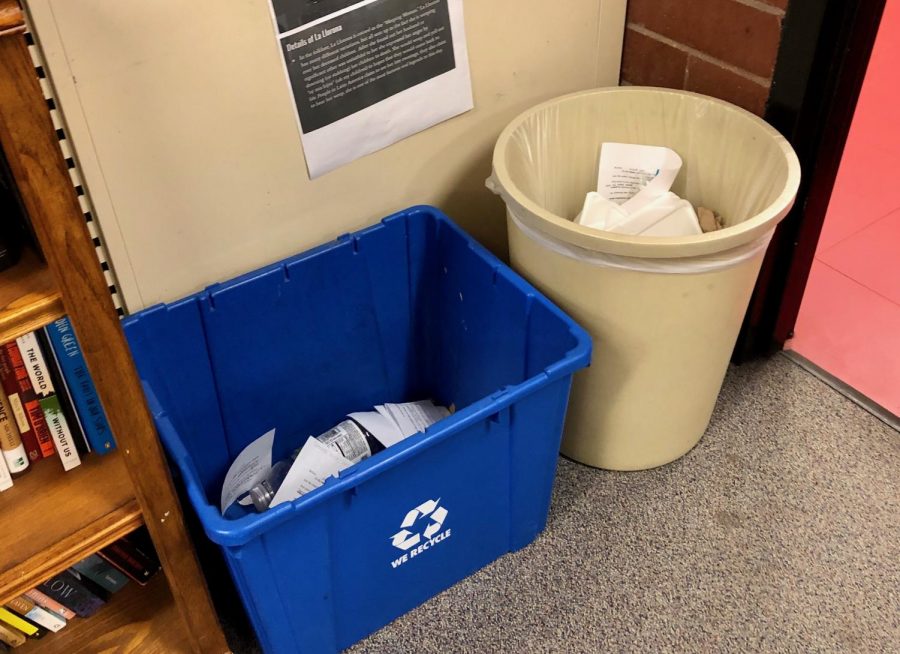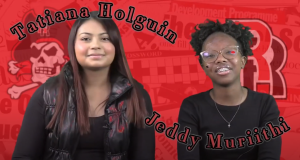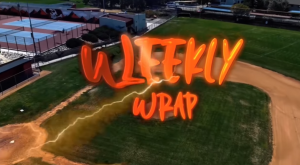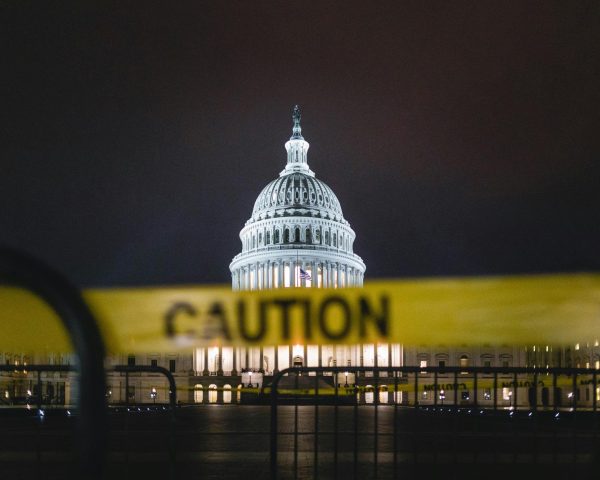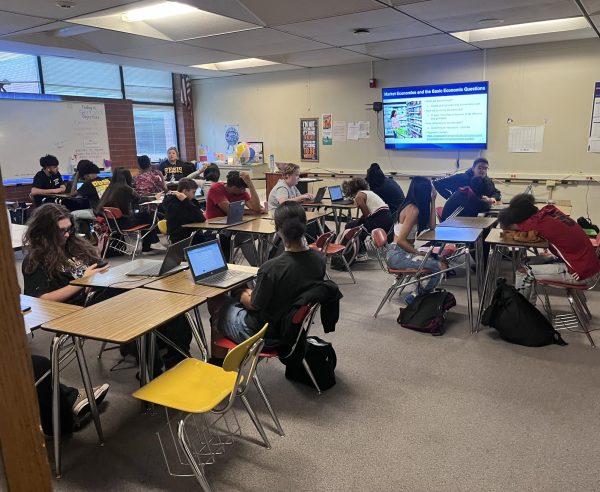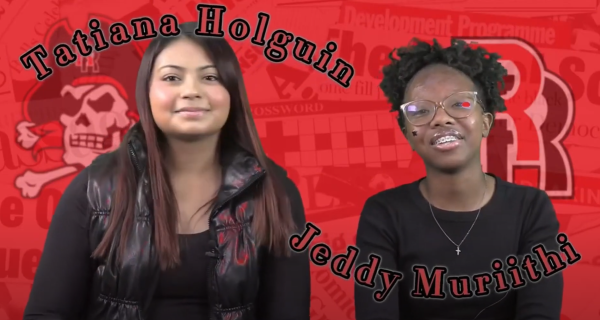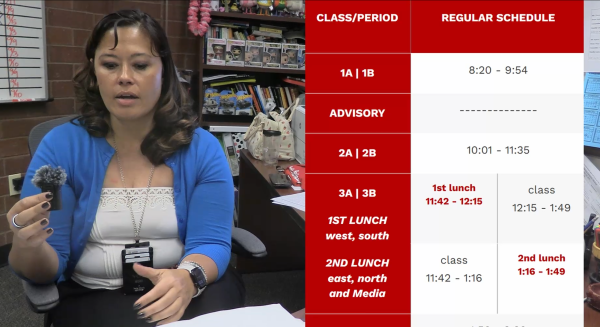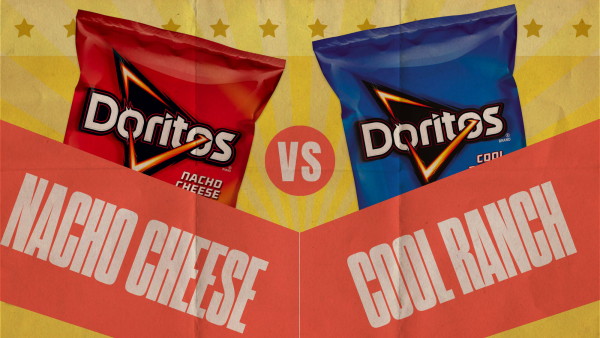Our Issue with Plastic is too Drastic
Feature Photo by Brianna Sanchez – A recycling bin and a trash can are placed side by side in an English classroom. The recycling bin contains paper and a water bottle, while the trash can also hold paper.
November 12, 2019
Plastic, a staple material in many of our daily lives; from plastic straws to plastic bags, they’re easy to use and convenient for most of us. Although they might benefit us, they’re slowly damaging our air, water, and all in all, our Earth. This is clearly a known topic due to the multiple walkouts and protests held all around the world in the past few years.
An article by Independent explains how plastic is harmful to us humans and it’s impacting the planet. When plastic ends up in oceans, it ends up as “food” for fish and other sea creatures. Not only do those animals suffer, but we humans often consume these animals. Therefore, this plastic is making its way into our bodies as well. According to the article, so far, it is known that “marine litter harms more than 600 species amid what some regard as the beginning of the sixth mass extinction of life on Earth.” As our plastic waste is increasing, the existence of many animal species is depleting.
An article by the Washington Post, conducted a survey on how teens feel about climate change. Their results were that “Despite many teens’ strong feelings about the issue, fewer than half say they’ve taken action to reduce their own carbon footprints. Their most common approaches are recycling, limiting time in cars and reducing plastic use.” As depicted by the survey, most teens care about the issue but feel like they have taken action upon it. The methods by which students reduce their plastic use can vary, from using water bottles, to bringing home lunches to school.
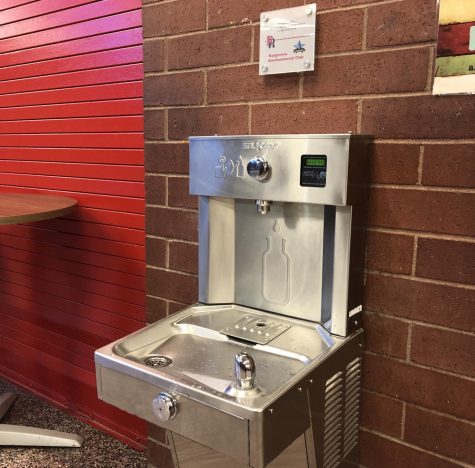
The presence of plastic at RHS is fairly evident, especially during lunch. Multiple forks and spoons are set out every day, along with styrofoam trays, which many students eat their lunch on. As I stated in the beginning, plastic is a disposable and easy way to serve many people. There are always some students that don’t dispose of their trash responsibly or they don’t always use it. There are always some people who grab these utensils without using them and then throw it away.
However, we do have resources like recycling bins in every classroom to try and avoid materials such as paper and plastic from ending up in garbage bins. American Government teacher Mrs. Walsh, commented on the use of the recycling bins in her class, “I remind [students] a lot but some just use it as a trash can, however, I use a lot of google classroom, so that helps.” By going digital, many schools are reducing the amount of waste that they contribute to the environment. But the issue of students not utilizing the recycling bin for its purpose is still present.
When asked about her opinion on how well the school is doing on reducing waste at school, she responded saying that the school could always do more. “I would like to see something done in the lunchroom, [there’s] so much trash on the floor after lunch.” Teachers such as Mrs. Walsh aren’t the only ones seeing this issue. Students themselves are taking action upon this issue that not all students are aware of how their actions can have larger repercussions.
A group at RHS that devotes its work on educating others about their impact on the world around us is the Environmental Club. Junior Ellie Newman, talked about the goal of the club and how it’s progressing so far. “We really want to inform our school about environmental issues and also influence students and administration to create a better school environment.”
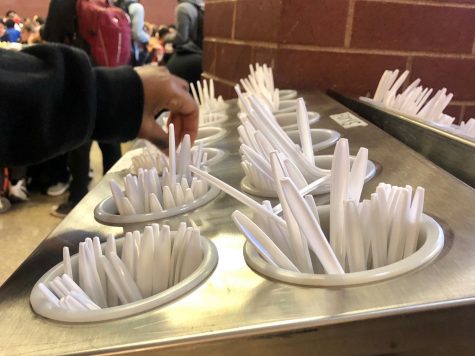
There are students like freshman Britney Rojas, who aren’t well informed about climate change but understand that it’s an important issue. She says, “To me personally, I don’t think I’m super informed about [climate change], but I think people should be more aware of it.” For this reason, groups such as the environment club exist, so that students are aware of how they can contribute to helping better our situation.
Apart from plastic waste, the club is also currently making efforts to reduce our carbon footprint. As Ellie put it, “We’re talking with an organization about doing Meatless Mondays because meat is a big contributor in the environment.” Meat takes an abundance of land, energy, food, and water to produce; less demand for meat means fewer resources are used which can benefit the planet in many ways.
Her thoughts on how this situation can be improved are that “Students should definitely be more conscious about what they’re using and how much they’re using. The school should also take part in making sure that stuff actually gets recycled.”
Over the years both students and administration have implemented efforts to reduce how much waste the school itself is producing. Listed below are links that give tips if you want to find ways to reduce how much plastic you’re using:
